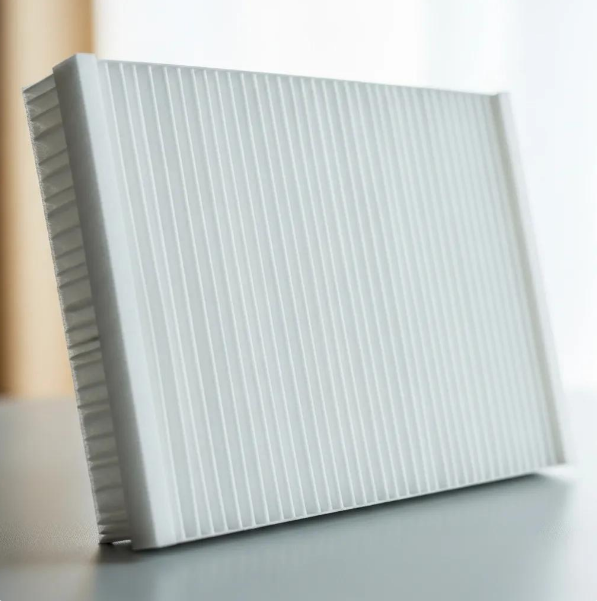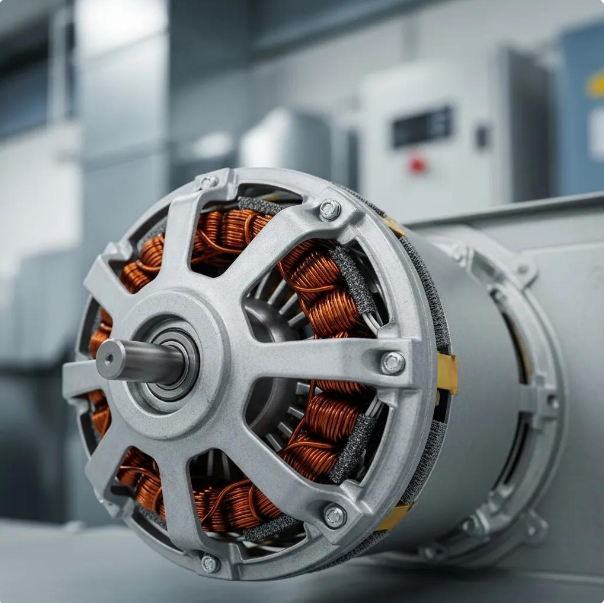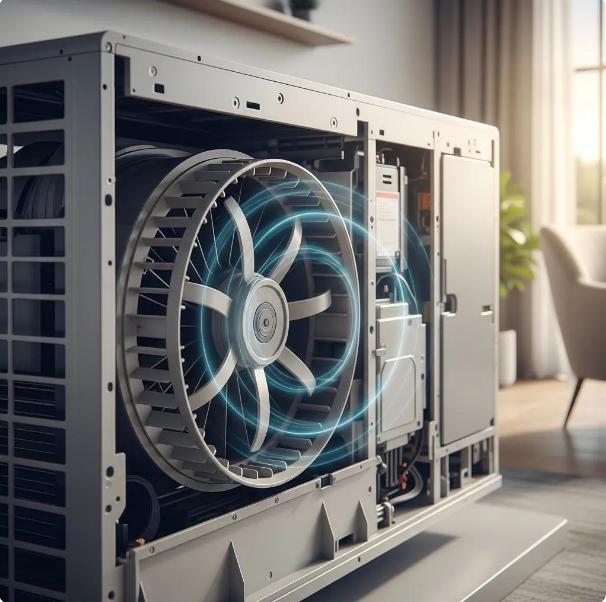Mitsubishi Heavy Industries vs Mitsubishi Electric Air Conditioners


Government Rebates Now Available on Energy-Efficient Air Conditioners when Replacing your Gas Heater.
Mitsubishi Heavy Industries and Mitsubishi Electric are two distinct entities in the air conditioning industry. Both companies have roots in the larger Mitsubishi Group but operate independently, offering different air conditioning solutions to consumers.
Consumers often need clarification when choosing between these two brands due to their similar names. However, it's important to understand that they are two separate companies with distinct product lines, features, warranty coverage, costs, and maintenance requirements.
Each brand has its own set of strengths and weaknesses, which we will analyse throughout this article. The critical differences between Mitsubishi Electric and Mitsubishi Heavy Industries are their product offerings, target markets, and technological approaches.
What is Mitsubishi Heavy Industries?
Mitsubishi Heavy Industries (MHI) is a Japanese multinational engineering, electrical equipment, and electronics company. Founded in 1884, MHI has a long history in heavy industrial manufacturing. In the air conditioning sector, MHI targets both residential and commercial markets, with particular strength in larger capacity units.
MHI air conditioners are known for their durability and robust construction. According to a 2019 Canstar Blue survey, MHI achieved a 5-star rating for reliability and performance. The company's air conditioners typically offer high energy efficiency, with many models boasting five stars or higher energy ratings.
What is Mitsubishi Electric?
Mitsubishi Electric is a Japanese multinational electronics and electrical equipment manufacturer. Established in 1921, it has become a global leader in the manufacture and sale of electrical and electronic products, including air conditioners. Mitsubishi Electric focuses on both residential and commercial markets and offers a wide range of capacity options.
Mitsubishi Electric air conditioners are renowned for their innovative features and energy efficiency. In the 2019 Canstar Blue survey, Mitsubishi Electric received 5-star ratings for functionality and ease of use. Many of their models incorporate advanced technologies like their patented Hypercore technology, which allows for efficient heating even in sub-zero temperatures.
What Are The Differences Between Mitsubishi Heavy Industries And Mitsubishi Electric?
While both Mitsubishi Heavy Industries and Mitsubishi Electric produce high-quality air conditioners, they differ in several key aspects. Their origins, specific features, warranty coverage, energy efficiency ratings (EER), noise levels, and costs vary. MHI focuses more on robust, industrial-strength units, while Mitsubishi Electric often emphasises cutting-edge technology and energy efficiency.
In the following sections, we will explore each of these differences more fully to provide a comprehensive comparison between the two brands.
Origin Differences Between Mitsubishi Heavy Industries And Mitsubishi Electric
Mitsubishi Heavy Industries and Mitsubishi Electric have distinct origins despite their shared Mitsubishi name. MHI was founded in 1884 as a shipbuilding company and evolved into a diversified heavy industry manufacturer. On the other hand, Mitsubishi Electric was established in 1921 as a spin-off from MHI, focusing specifically on electrical and electronic equipment. This difference in origin has influenced their approach to air conditioning technology, with MHI drawing from its industrial expertise and Mitsubishi Electric leveraging its electronics background.
Air conditioning features Differences Between Mitsubishi Heavy Industries And Mitsubishi Electric
Both brands offer advanced features, but their focus differs. Mitsubishi Electric is known for its cutting-edge technology, like its patented Hypercore system for extreme weather performance and Wi-Fi control options. MHI, while also technologically advanced, tends to emphasise durability and reliability in its features. For instance, MHI's Avance Series incorporates its unique 'Self-Clean' operation to prevent mould growth, reflecting its focus on long-term performance.
Warranty Coverage Differences Between Mitsubishi Heavy Industries And Mitsubishi Electric
The two brands' warranty coverage is generally similar, with both offering 5-year warranties on parts and labour for residential systems. However, the specifics can vary by model and region. Mitsubishi Electric provides an extended 7-year compressor warranty for some of its premium models, while MHI sometimes provides more extended warranties for commercial installations.
Energy Efficiency Rating (EER) Differences Between Mitsubishi Heavy Industries And Mitsubishi Electric
Both brands produce highly energy-efficient units, but Mitsubishi Electric often edges ahead in this area. Many of Mitsubishi Electric's models achieve 7-star energy ratings, while MHI typically offers models in the 5 to 6-star range. However, it's important to note that efficiency can vary significantly between specific models and that both brands consistently meet or exceed Australian energy efficiency standards.
Noise Differences Between Mitsubishi Heavy Industries And Mitsubishi Electric
Both manufacturers produce quiet air conditioners, but Mitsubishi Electric often has a slight edge in this area. Some of Mitsubishi Electric's residential models operate at noise levels as low as 19 dBA, while MHI's quietest models typically operate around 22 dBA. However, the difference is often negligible in real-world conditions, and both brands are considered leaders in silent operation.
Cost of Units and Installation Differences Between Mitsubishi Heavy Industries And Mitsubishi Electric
Costs can vary widely depending on the specific model and installation requirements. Generally, Mitsubishi Electric tends to be slightly more expensive, particularly for their high-end models with advanced features. MHI often offers more competitive pricing, especially for larger-capacity units. Installation costs are typically similar for both brands, as they depend more on the space's specific requirements rather than the brand itself.
Maintenance Requirements Differences Between Mitsubishi Heavy Industries And Mitsubishi Electric
Both brands have similar maintenance requirements, typically involving regular filter cleaning and annual professional servicing. However, MHI's focus on durability sometimes results in longer service intervals for specific components. Mitsubishi Electric's more technologically advanced models might require more frequent software updates, but this is often balanced by features that facilitate easier user maintenance, such as self-cleaning functions.
Air conditioning production types Differences Between Mitsubishi Heavy Industries And Mitsubishi Electric
Both manufacturers produce various air conditioning types, including split, multi-split, and ducted systems. However, MHI has a more substantial presence in the commercial and industrial sectors, offering a broader range of large-capacity units and Variable Refrigerant Flow (VRF) systems. While also serving commercial markets, Mitsubishi Electric has a more extensive range of residential and light commercial options.
Primary Use Differences Between Mitsubishi Heavy Industries And Mitsubishi Electric
While both brands cater to residential and commercial markets, their strengths differ slightly. Mitsubishi Electric is often favoured for residential and light commercial applications due to its focus on energy efficiency and advanced, user-friendly features, which lead to significantly lower energy consumption in these settings. On the other hand, Mitsubishi Heavy Industries, with its industrial background, is frequently chosen for larger commercial and industrial applications where durability and high capacity are prioritised, often providing units capable of handling higher operational loads than their competitors.
What Are The Overall Pros And Cons When Comparing Mitsubishi Heavy Industries And Mitsubishi Electric?
When deciding between Mitsubishi Heavy Industries and Mitsubishi Electric, it’s important to consider specific needs, budget, and application. Both brands offer high-quality air conditioning solutions, but each has its own strengths and weaknesses.
Mitsubishi Heavy Industries benefits from its industrial heritage, offering robust and durable units that are particularly well-suited for demanding applications. Their units often provide excellent value for money, especially in higher capacity ranges. However, they may lag slightly behind in terms of cutting-edge features and energy efficiency in some models.
On the other hand, Mitsubishi Electric excels in technological innovation and energy efficiency. Their units often incorporate the latest features and consistently achieve high energy ratings. However, these advantages can come at a premium price, especially for their top-tier models.
What Are The Advantages Of Mitsubishi Heavy Industries air conditioners When Compared To Mitsubishi Electric?
- Generally more affordable, especially for larger capacity units
- Robust construction and high durability
- Strong performance in demanding conditions
- Excellent for commercial and industrial applications
- Often provides better value for money in high-capacity ranges
Consumers looking for durable, high-capacity units, mainly commercial or industrial ones, might prefer Mitsubishi Heavy Industries models.
What Are The Advantages Of Mitsubishi Electric air conditioners When Compared To Mitsubishi Heavy Industries?
- Often achieves higher energy efficiency ratings
- Incorporates more advanced features and technologies
- Generally quieter operation
- Wider range of residential and light commercial options
- Strong focus on user-friendly interfaces and controls
Homeowners and businesses prioritising energy efficiency, advanced features, and quieter operations might lean towards Mitsubishi Electric models.
What are the most reputable Air conditioners brands in Australia?
While Mitsubishi Heavy Industries and Mitsubishi Electric are highly regarded, several other reputable air conditioner brands are available in Australia. These include Daikin, Fujitsu, Panasonic, Samsung, and LG. Each brand offers unique features and strengths, catering to different consumer needs and preferences.
How does Mitsubishi Electric Air Conditioners compare with Daikin?
Mitsubishi Electric and Daikin are both premium brands in the Australian market, known for their high-quality and energy-efficient units. Mitsubishi Electric often edges ahead regarding advanced features and quiet operation, while Daikin is renowned for its reliability and robust performance. Daikin's Ururu Sarara series, for instance, offers unique humidification and dehumidification features. However, Mitsubishi Electric's Hypercore technology gives it an advantage in extreme weather conditions.
How does Mitsubishi Electric compare with Fujitsu?
Mitsubishi Electric and Fujitsu are top-tier brands offering various air conditioning solutions. Mitsubishi Electric typically has a slight edge in energy efficiency and advanced features, particularly in their high-end models. Fujitsu, however, often provides more competitive pricing while maintaining high quality and efficiency standards. Fujitsu's reverse cycle models are particularly well-regarded for their heating performance, though Mitsubishi Electric's Hypercore technology provides strong competition in this area.
Areas we service
Oz Air covers Melbourne and its northern suburbs.

Get in touch






.png)









.png)